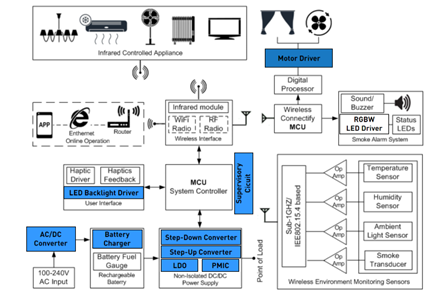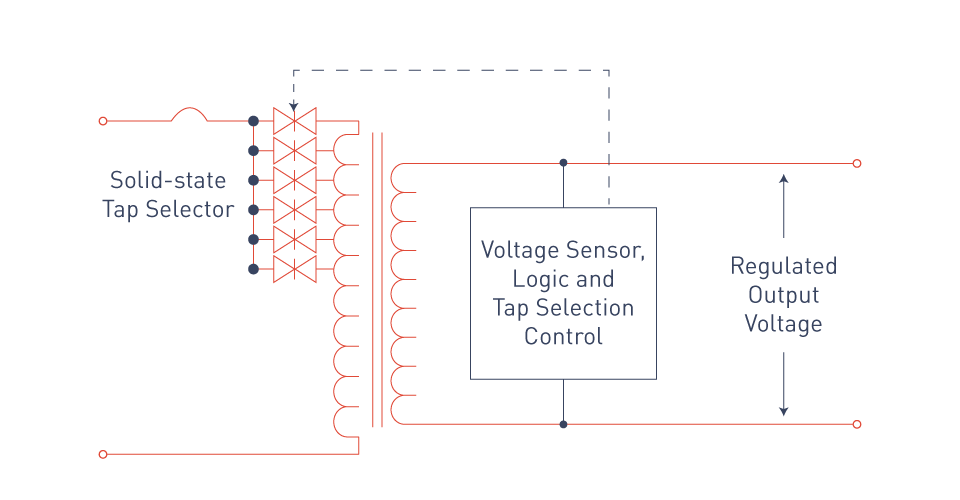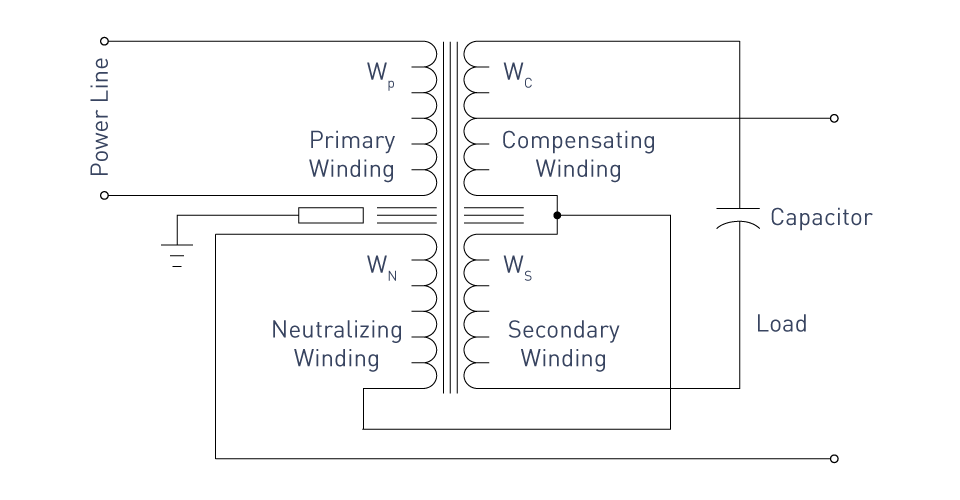Emerging Technologies and Materials
New technology and material advancements are driving the rapid evolution of LLC converters' terrain, which is a constantly changing landscape. Not only are these developments improving performance, but they are also opening up whole new options for application development.
Exploration of New Technologies Shaping the Future of LLC Converters
Cutting-edge magnetic materials and the development of thermal management technologies are driving the advancement of LLC converters and LLC controllers. This is happening as the need for more efficient and compact power solutions continues to grow. Because of their high permeability and low core losses at high frequencies, novel magnetic materials, such as amorphous and nanocrystalline cores, are gaining popularity in LLC applications. This is due to the fact that these materials are becoming more and more common. These materials make it possible to create converters that are smaller, lighter, and have reduced energy dissipation.
Not only are developments in magnetic approaches essential for the future of LLC converters, but advancements in thermal management techniques also require significant attention. Researchers are developing new technologies to effectively dissipate heat in confined spaces. These approaches include enhanced heat sinks, liquid cooling systems, and materials that are thermally conductive. Not only do these technologies increase the thermal performance of LLC converters, but they also improve their dependability and lengthen their operating lifespan by preventing them from overheating before they reach their maximum capacity.
These developments, when taken as a whole, are laying the groundwork for the next generation of LLC converters, which will not only be more effective but will also be more flexible enough to accommodate the demanding conditions that are present in modern electronic applications.
Another frontier is the introduction of artificial intelligence and machine learning in power electronics. Predictive analytics and pattern recognition are two technologies that make it possible to set up control schemes that are smart and flexible. This improves the LLC converter's performance in real time.
Impact of Material Innovations on Converter Design
Recently developed materials are significantly influencing the design and capabilities of LLC converters. For example, the discovery of new magnetic materials is making it possible to create inductors and transformers that are more compact and efficient. These are essential components of the LLC circuit that are being developed.
Additionally, developments in capacitor technology are essential. Through the development of capacitors with a higher energy density and a lower equivalent series resistance (ESR), LLC converters are experiencing an increase in their overall efficiency as well as a reduction in their size.
LLC converters are experiencing an improvement in their thermal performance as a result of the installation of thermal management materials such as improved heat sinks and thermally conductive compounds. It is especially important to keep this in mind as power densities continue to rise and devices become more compact.
Furthermore, the investigation of novel materials and techniques for printed circuit boards (PCBs) makes it possible to integrate components more efficiently and increase heat dissipation. Both of these improvements are essential for ensuring the dependability and lifetime of high-performance LLC converters.
The continuously occurring advancements in both technology and materials play a crucial role in the formation of the subsequent generation of LLC converters. These developments are not only capable of pushing the limits of efficiency and performance, but they are also making it possible to apply LLC technology to a wider variety of applications. As technology continues to advance, we anticipate that LLC converters will become more crucial in power conversion processes across various industries.
Market Trends and Future Directions
The market for LLC converters is always shifting, driven by the ever-evolving requirements of consumers as well as the progression of technology. For the purpose of anticipating future changes and aligning with market expectations, it is essential to have a solid understanding of these patterns.
Insights into Evolving Market Needs and Trends
The incorporation of intelligent technologies is yet another significant trend. The market is experiencing a surge in demand for limited liability company (LLC) converters with integrated intelligence, allowing them to self-diagnose and adapt to varying load conditions. This trend is becoming increasingly prevalent in line with the larger movement toward smart and connected devices.
Projections on Future Developments and Technological Advancements
There is a global anticipation of continued growth in the incorporation of wide-bandgap semiconductors like SiC and GaN in the future. The use of these materials is likely to become more widespread in the design of LLC converters in the future because of their superior performance features. Developments in digital control technologies are likely to enhance the capabilities of LLC converters, enabling more precise and efficient control over power conversion processes. For applications that require high levels of both reliability and performance, this will be of the utmost importance.
The application of artificial intelligence and machine learning is anticipated to grow in the field of power electronics. In the case of LLC converters, this might entail systems that are more effective, self-optimizing, and capable of adjusting in real time to constantly shifting conditions, which would result in improved performance and increased longevity. We anticipate that LLC converters will significantly contribute to renewable energy systems as the world transitions to more environmentally friendly technology. This is especially true for solar and wind energy converters, which are characterized by their high levels of efficiency and dependability.
The trends of improved efficiency, miniaturization, smart technologies, and environmental sustainability will shape the future of LLC converters. These trends are shaping the market and guiding the development of advanced technology. LLC converters will continue to evolve in tandem with the industry as a whole, allowing them to provide more sophisticated features, improved performance, and increased integration with a wide range of applications. The unceasing pursuit of innovation in this sector is critical to fulfilling the future requirements of a diverse range of businesses, ranging from consumer electronics to renewable energy systems. The incorporation of sophisticated materials and state-of-the-art technologies is poised to redefine the benchmarks of effectiveness and functionality in LLC converters, guaranteeing their crucial position in the future domain of power electronics.





直接登录
创建新帐号